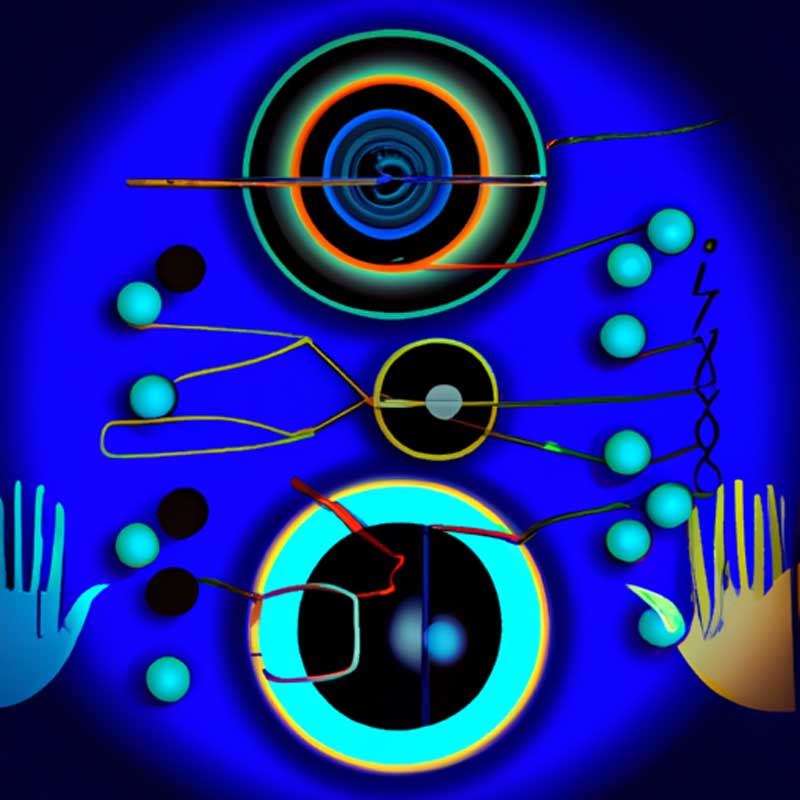The University of Michigan hosts an autonomous vehicle and technology testing site known as Mcity, which is used by academics, startups, and major automotive manufacturers. This facility, hidden away on the university’s North Campus, supports research and development on self-driving cars and related technologies.
- Mcity is an augmented reality facility that emulates a realistic city environment to conduct comprehensive testing on autonomous vehicles.
- The site features a variety of road infrastructure, including intersections, stretches of highway and a roundabout to mimic real-world conditions.
- It endeavors to improve safety, efficiency, accessibility, and equity in transportation.
- Research conducted at Mcity also focuses on understanding human acceptance and trust in driverless vehicle technology.
- The technology used in America’s first wireless charging roadway in Detroit was tested at Mcity.
- The facility opened its doors in 2015 with the support of the Michigan Department of Transportation.
A closer observation reveals that Mcity is a highly sophisticated and controlled environment designed to mimic an actual city. The facility includes detailed features like curbing, sidewalks, drainage systems, and electrical power. Part of the visitor experience includes taking a ride in a testing vehicle within Mcity’s computer-generated reality.
The ability to provide a realistic environment for testing is crucial to the development of autonomous vehicles. After all, these vehicles will eventually share the roads with manually driven vehicles and must be able to navigate and respond accurately to numerous potential scenarios. As Mcity’s managing director, Greg McGuire, points out, there will be a long period during which humans and autonomous vehicles share driving duties. Therefore, ensuring the safety and reliability of self-driving systems is vitally important.
In addition to enabling thorough testing of autonomous vehicle performance, Mcity plays another crucial role. It contributes to research on public perceptions and acceptance of driverless technology. PhD candidate Maddie Quirk studies how humans feel about and interact with autonomous vehicles. As she points out, understanding and addressing public sentiment is crucial since mistrust or discomfort with autonomous vehicles could hamper their widespread adoption.
In the future, facilities like Mcity will continue to play a central role in the development and refinement of autonomous vehicle technology. They provide an invaluable platform for pushing technological boundaries while ensuring that these sophisticated systems can safely coexist with traditional vehicles and infrastructure.
